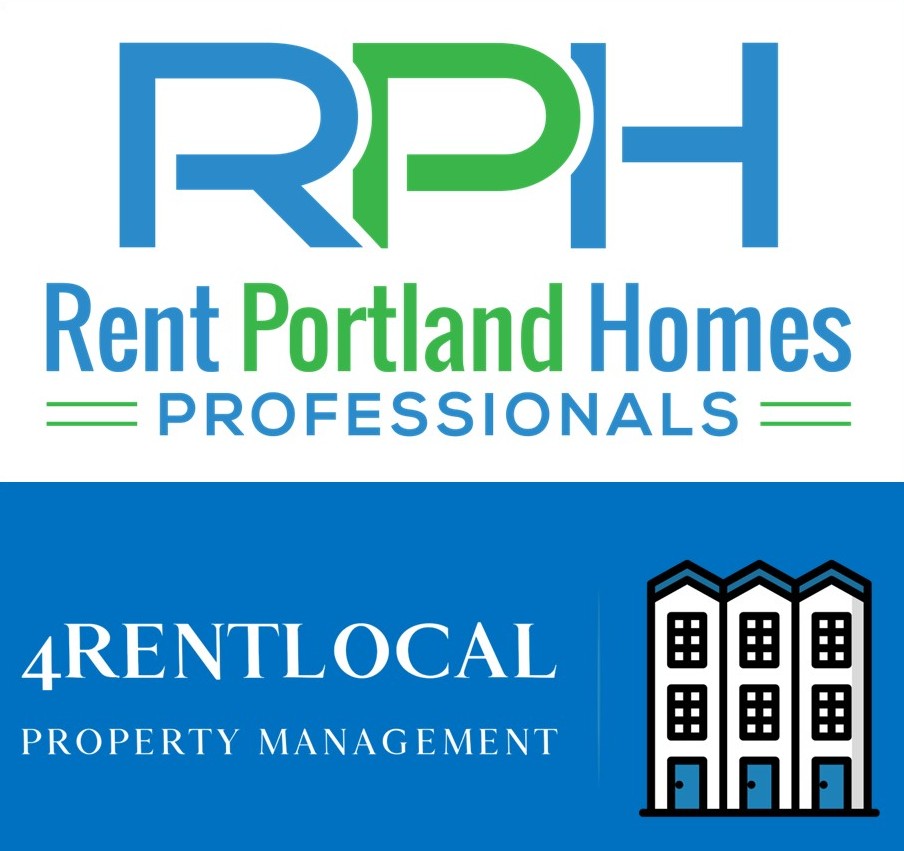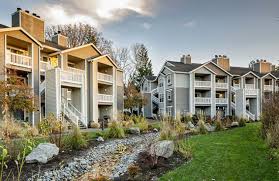Uncovering the Role of Property Managers: What They Do and How They Do It
Are you a property owner looking for someone to manage your investments? Or perhaps you’re a tenant wondering who to turn to for maintenance or repair requests? If so, it’s time to consider hiring a property manager.
These professionals play a critical role in the real estate industry, serving as the bridge between landlords and tenants. But what exactly do they do, and how do they do it?
In this article, we’ll uncover the ins and outs of property management, from screening tenants and collecting rent to handling emergencies and maintaining properties. Whether you’re a property owner or renter, understanding the role of property managers can help ensure a smooth and successful leasing experience. So let’s dive in and explore the world of property management together!
The Role of a Property Manager
A property manager is a licensed professional who is responsible for the day-to-day operations of a rental property. These individuals are hired by property owners to handle various tasks, including marketing the property, screening tenants, collecting rent, and handling maintenance and repairs. In essence, property managers serve as the intermediary between landlords and tenants, ensuring that both parties are satisfied with the leasing experience.
One of the primary roles of a property manager is to market the property and find suitable tenants. This involves creating listing ads, scheduling property tours, and screening potential tenants. They also handle lease agreements and move-in and move-out procedures. Property managers are also responsible for collecting rent and ensuring that tenants comply with the terms of the lease. In the event of non-payment, they can take legal action to evict tenants.
Property managers are also responsible for the maintenance and upkeep of the property. This includes addressing tenant requests for repairs and maintenance, scheduling regular property inspections, and ensuring that the property complies with local building codes and regulations. They also handle emergencies such as floods or fires and coordinate with insurance companies and contractors to repair any damages.

The Importance of Property Management
The importance of property management cannot be overstated. Whether you’re a property owner or a tenant, having a dedicated professional to manage the property can help ensure a smooth and successful leasing experience. For property owners, a property manager can help maximize rental income by ensuring that the property is occupied and rent is collected on time. They can also help minimize expenses by addressing maintenance issues promptly and preventing costly repairs.
For tenants, property managers serve as the primary point of contact for maintenance and repair requests. This means that tenants can rest assured that their needs will be addressed promptly and professionally. Property managers can also help ensure that tenants comply with the terms of the lease, preventing any legal issues down the road.
Overall, property management is a critical component of the real estate industry. Without dedicated professionals to manage rental properties, the leasing experience can be fraught with challenges and complications.
Property Management Responsibilities
Property management responsibilities can vary depending on the size and type of property being managed. However, several key responsibilities are common across the board. These responsibilities include:
Marketing the Property
One of the primary responsibilities of a property manager is to market the property and find suitable tenants. This involves creating listing ads, scheduling property tours, and screening potential tenants. Property managers must have a thorough understanding of the local rental market and be able to price the property competitively.
Tenant Screening
Tenant screening is an essential component of property management. Property managers must be able to identify potential red flags during the screening process, including past evictions or criminal history. They must also verify income and employment to ensure that tenants can afford the rent.
Lease Agreement
Once a tenant has been selected, the property manager is responsible for creating the lease agreement. The lease agreement outlines the terms of the lease, including rent, security deposit, and move-in and move-out procedures. Property managers must ensure that the lease agreement is legally binding and compliant with local laws and regulations.
Rent Collection
Property managers are responsible for collecting rent from tenants. They must keep accurate records of rent payments and ensure that tenants comply with the terms of the lease. In the event of non-payment, property managers can take legal action to evict tenants.
Maintenance and Repairs
Property managers are responsible for addressing tenant requests for repairs and maintenance. They must ensure that the property is in compliance with local building codes and regulations and coordinate with contractors and insurance companies to repair any damages.
Property Inspections
Property managers must conduct regular inspections of the property to ensure that it is in good condition. This includes identifying any necessary repairs or maintenance and ensuring that tenants are complying with the terms of the lease.

How Property Managers Manage Tenants
One of the most important aspects of property management is managing tenants. Property managers must be able to communicate effectively with tenants and address their needs promptly and professionally. This includes:
Responding to Maintenance Requests
When a tenant requests maintenance or repairs, property managers must respond promptly and address the issue as soon as possible. This helps maintain a positive relationship with the tenant and ensures that the property remains in good condition.
Enforcing Lease Terms
Property managers must ensure that tenants comply with the terms of the lease. This includes paying rent on time, keeping the property clean and in good condition, and following move-in and move-out procedures.
Handling Complaints
If a tenant has a complaint, property managers must handle the issue promptly and professionally. This involves listening to the tenant’s concerns and finding a resolution that satisfies both parties.
How Property Managers Maintain Properties
Another critical aspect of property management is maintaining the property. Property managers must ensure that the property is in good condition and that any necessary repairs or maintenance are addressed promptly. This involves:
Conducting Regular Inspections
Property managers must conduct regular inspections of the property to identify any necessary repairs or maintenance. They must also ensure that the property complies with local building codes and regulations.
Coordinating Repairs and Maintenance
When repairs or maintenance are necessary, property managers must coordinate with contractors and insurance companies to ensure that the work is completed promptly and professionally.
Preventative Maintenance
To prevent costly repairs down the road, property managers must also implement preventative maintenance measures. This can include regular cleaning and upkeep of the property and addressing minor repairs before they become major issues.

The Benefits of Hiring a Property Manager
There are several benefits to hiring a property manager, including:
Maximizing Rental Income
Property managers can help maximize rental income by ensuring that the property is occupied and rent is collected on time. They can also help minimize expenses by addressing maintenance issues promptly and preventing costly repairs.
Professional Tenant Screening
Property managers have the expertise to identify potential red flags during the tenant screening process, including past evictions or criminal history. They can also verify income and employment to ensure that tenants can afford the rent.
Peace of Mind
Hiring a property manager can provide peace of mind to both property owners and tenants. Property owners can rest assured that their investment is being managed professionally, while tenants can trust that their needs will be addressed promptly and professionally.
Property Management Software to Streamline Operations
To streamline property management operations, many property managers use property management software. This software can help with tasks such as tenant screening, rent collection, and maintenance requests. It can also provide valuable data and analytics to help property managers make informed decisions about their properties.
Choosing the Right Property Manager for Your Needs
Choosing the right property manager is essential to ensuring a smooth and successful leasing experience. When selecting a property manager, consider factors such as experience, expertise, and reputation. It’s also important to ask for references and to review the property manager’s contract carefully.
Conclusion
Property management plays a critical role in the real estate industry, serving as the bridge between landlords and tenants. Property managers are responsible for tasks such as marketing the property, screening tenants, collecting rent, and handling maintenance and repairs. They must be able to communicate effectively with tenants and address their needs promptly and professionally. Hiring a property manager can provide peace of mind to both property owners and tenants and help maximize rental income while minimizing expenses. When selecting a property manager, it’s important to consider factors such as experience, expertise, and reputation. With the right property manager, you can ensure a smooth and successful leasing experience for all parties involved.
Contact 4 Rent Local
To learn more about the property management services we can offer you, contact us today by calling (503) 447-7788 or clicking here to connect with us online.






















